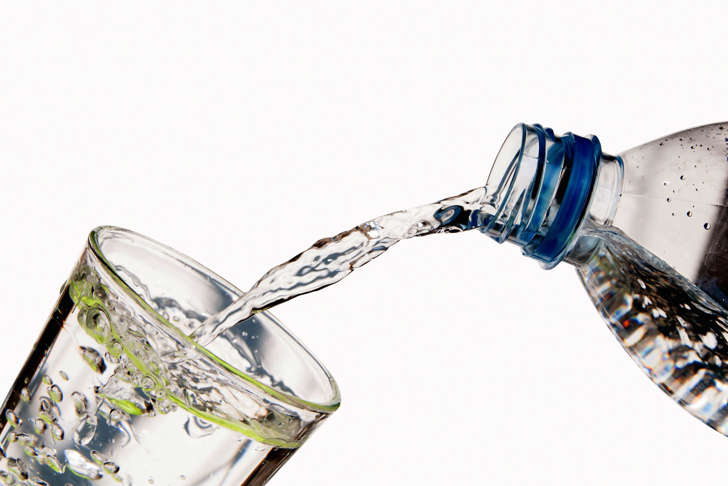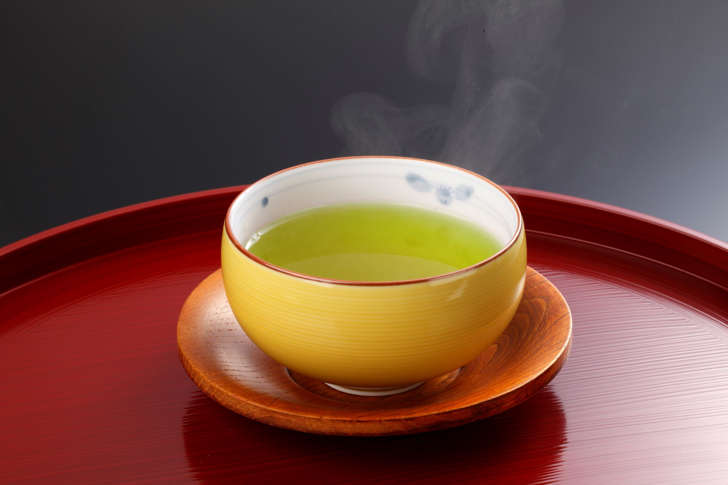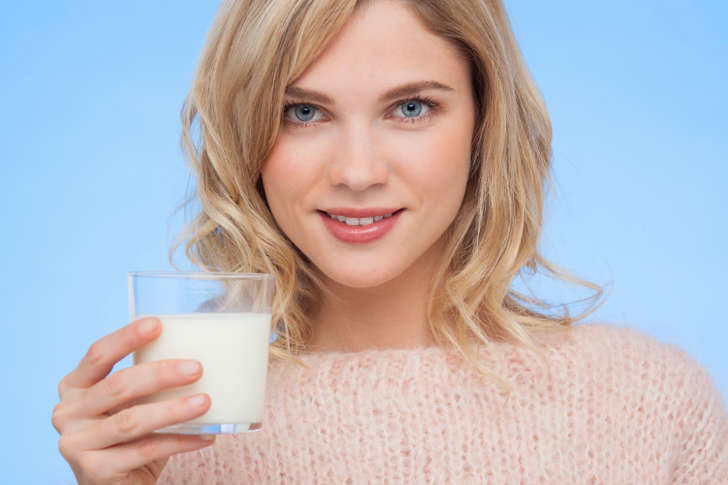4 Drinks That Are Healthier Than Water (Or Close To It!)
In the ever-changing worlds of healthy and unhealthy, water holds special status: H2O is, without question, good for you. Countless studies have proven its power to help us lose weight, exercise, avoid disease—it can even boost mood. Water is the failsafe, go-to drink when you want to be nice to your body.
However, if water is all you drink, you could be missing out on the health benefits of other good-for-you drinks, says Felicia Stoler, RD, a dietitian and exercise physiologist in New York City. “Don’t get me wrong, drinking plenty of water is a good thing for everyone,” says Stoler. “However, it doesn’t give you any antioxidants, phytonutrients, and other specific nutritional benefits.”
That means you’ll need to reach for other healthy drinks to round out your healthy hydration plan. New research shows these sips pack a big health punch, too.
You can get a free workout emailed to you every day. Sign up here!
1. Green tea
This nutritional powerhouse has shown promise in improving a range of health issues, such as lowering cholesterol and high blood pressure, stabilizing blood sugar (important for managing diabetes), and even destroying cancer cells. Green tea may also protect the brain: Research suggests it can help block the formation of the nerve plaques linked to Alzheimer’s disease while promoting activity in the area of the brain responsible for memory.
In one recent study presented at the 2015 International Conference on Alzheimer’s and Parkinson’s Diseases, researchers linked drinking green tea to the prevention of mental decline in people over 60. “We think these health benefits are largely due to green tea’s catechin content—powerful antioxidants that fight cell damage,” says Stoler.
What’s more, green tea tends to be minimally processed, so you’re getting a pure, rich source of these antioxidants in every cup. (Green tea’s also great for weight loss.
2. Coconut water
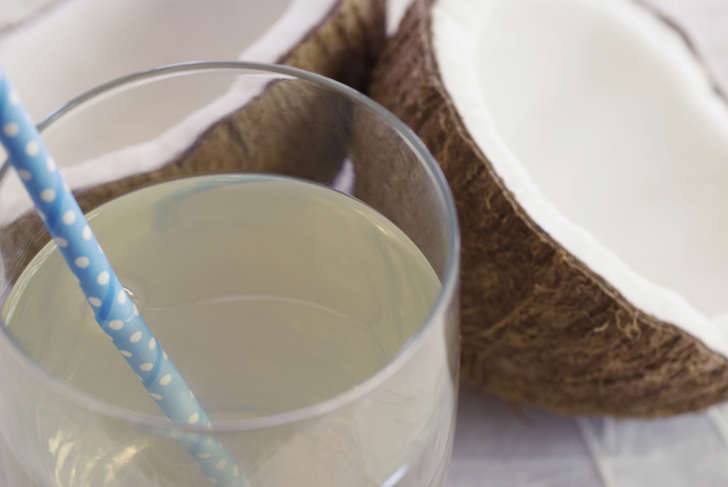
From 2007 to 2009, sales of coconut water jumped from $4 million to more than $20 million, making it one of the fastest-growing beverages in the United States. Part of the reason for its popularity is research suggesting this electrolyte-packed drink has an amazing ability to rehydrate the body—particularly after exercise. In fact, one study published in Medicine & Science in Sports & Exercise found that it replenishes body fluids better than water.
A rich source of sodium, potassium and magnesium (the body’s natural electrolytes), coconut water can have the same hydrating and muscle-restoring effects as a sports drink—minus the sugar. Just keep in mind there’s about 60 calories per 12-oz serving. And check labels: Some brands are adding lots of sugar and artificial flavorings to the mix, says Stoler. “I suggest buying coconut water that’s unsweetened and adding fruit or other natural sweeteners to taste,” she says. (Here’s a ranking of 9 natural sweeteners to make your choice easier.)
3. Beer
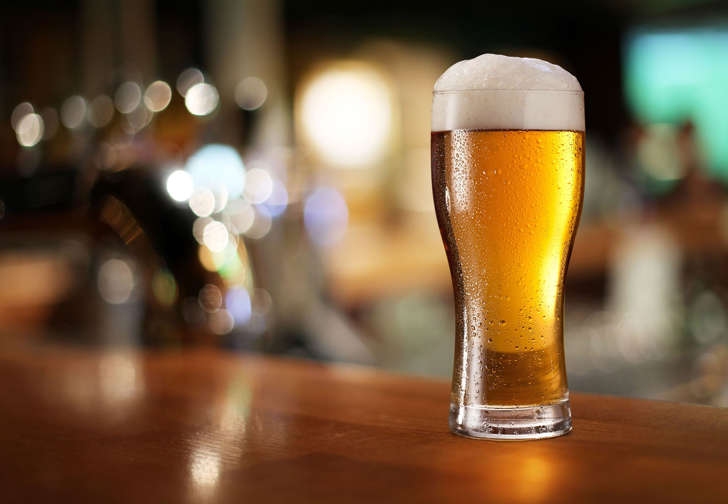
So much for the idea that a cold one kills brain cells: A new analysis of 32 different studies published in the journal PLOS One found that beer was associated with a reduced risk of Parkinson’s disease. The research concluded that people who consumed one or more beers per day—but drank only beer, not wine or liquor as well—had a 59% lower risk of this neurodegenerative disease than non-alcohol drinkers. (By contrast, people who drank only liquor and had one or more drinks a day had more than twice the risk of developing Parkinson’s compared to teetotalers.)
The good news for beer lovers doesn’t end there: Other new research published in theJournal of Agricultural and Food Chemistry found that xanthohumol—a potent antioxidant found in hops that has anticancer and cardiovascular protective benefits—also protects rat brain cells from the type of damage linked to Parkinson’s and Alzheimer’s disease. The rats got an amount that was equivalent to drinking one beer a day.
4. Milk
There’s been a lot of controversy surrounding milk. Some nutrition experts claim it offers benefits that range from weight loss to cancer prevention; others say milk consumption contributes to obesity, calcium deficiency, cancer, and other diseases. However, numerous studies link milk to improved health. New research from the University of Kansas Medical Center finds that drinking the white stuff increases levels of glutathione in the brain—a powerful antioxidant that helps stave off cell damage caused by dangerous molecules known as free radicals.
“Free radicals can cause oxidative stress, which is linked to a number of conditions, including Alzheimer’s and Parkinson’s disease,” says Stoler. The study, (which was funded by the U.S. Dairy Research Institute—though the funding organization didn’t have a say in the study’s design, implementation, or analysis of data—was published in the peer-reviewed American Journal of Clinical Nutrition) revealed that adults who got the recommended daily intake of dairy (3 servings per day)—or at least came close—had the highest levels of glutathione antioxidants.
